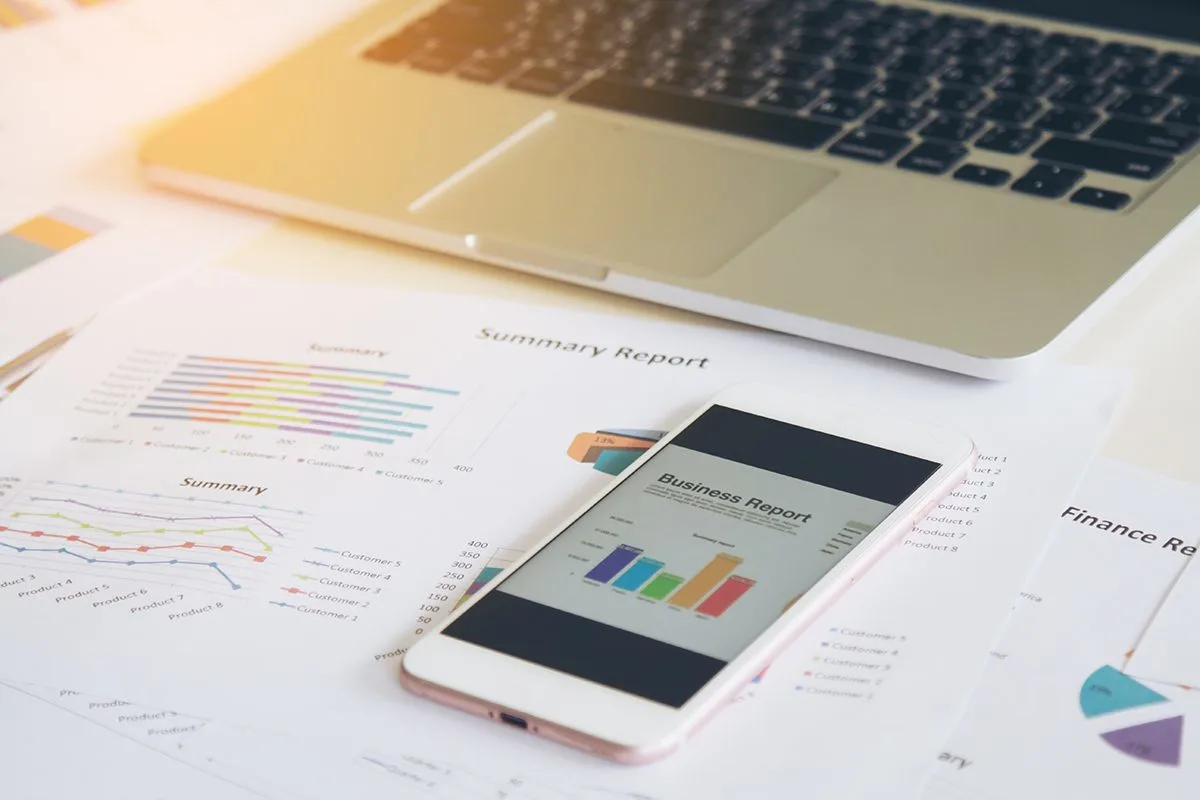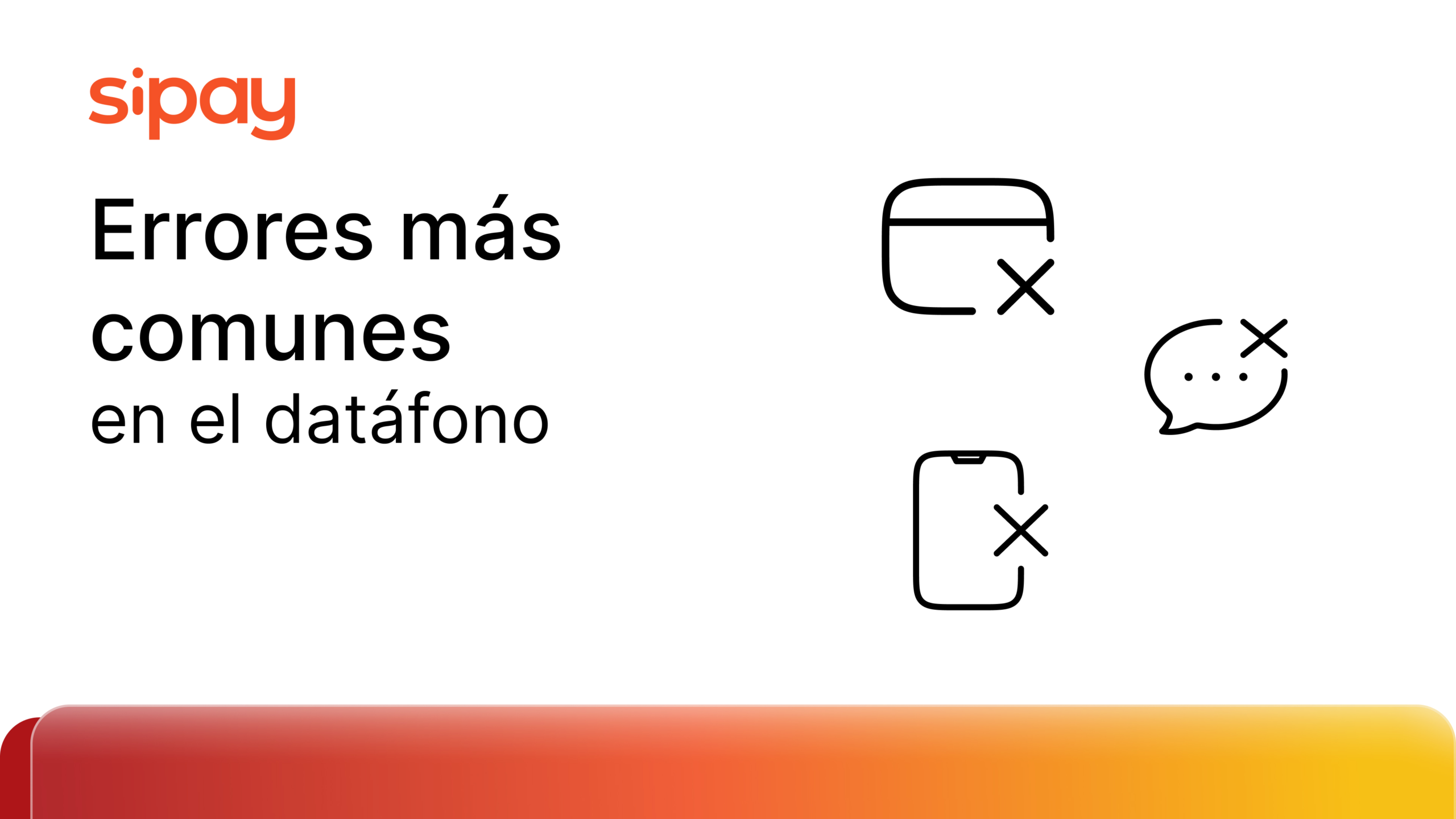Big Data has come a long way, but Smart Data has is going to revolutionize the route and the destination.
Big Data vs. Smart Data: The evolution of Data
Each generation has its own characteristics when it comes to buying, and shops must adapt to them in order to satisfy users’ wishes. To do this, they can use data that, properly interpreted, are able to predict key behaviors to increase their sales. Big Data is available raw, as a large repository with huge amounts of data, but how to manage this data to turn it into useful information? This is where Smart Data comes into play, the evolution of Big Data that not only focuses on collection, but takes a further step towards analysis.
Smart Data consists on converting long lists of unconnected numbers into valuable information, useful for decision making. Thus, it transforms this data into statistics by complex algorithms that process Big Data. Big Data involve the capture of information, processing and filtering, while Smart Data act once all that information is processed, turning it into key market responses through formulas and algorithms.
For a long time, Big Data has collected information, but without taking full advantage of the potential that can be obtained from its use. With the arrival of Smart Data or Data Intelligence, the benefits for companies have come to light, opening up a world of possibilities in terms of data exploitation and offering a landscape with new advantages.
Smart Data benefits
- It offers less data, but of higher quality and less volatility, as it simplifies and structures the generated figures.
- Allows more accurate and less intuitive decision making, avoiding possible risks.
- It is multisectorial because, depending on the field in which it is applied, it can be very enriching and very useful.
- It reveals new trends, facilitates flexibility and even anticipates the market by predicting future behaviour and problems.
- It helps to align corporate processes with business strategy and even promotes the development of new business strategies.
- It contextualizes all this information within the market to, for example, improve the customer experience while browsing the web, anticipating their wishes and providing greater convenience.
- Finally, it increase greater knowledge of the sector or customers, facilitating the design of new solutions and products that best suit their needs.
How does it really affect to business?
The fact that a customer decides to make a weekly purchase on Saturdays, in his nearest supermarket, paying by card, is a behaviour whose repetition can generates valuable data on the entire purchase process. Smart Data is able to use this data to predict how will the customer buy in the future, where, at what time, how much he will be willing to pay or how he will decide to pay for it. Although these types of predictions may seem like science fiction, they are a reality today.
This is why Sipay, a payment gateway with 25 years of experience in the sector, wants to go further: «we don’t only want to offer our customers the possibility of managing and analysing the purchase data of their users, but we also want to help them using this information to subsequently offer them their preferred payment method based on both this repeated behaviour and their geographical, cultural or educational characteristics, type of product purchased, age, etc.». Thus, commerce is able to adapt to the needs of its consumers, which contributes positively to conversion ratios and loyalty.
Data is important, but it is useless if it is not transformed into useful information for companies and businesses with real needs.



